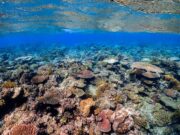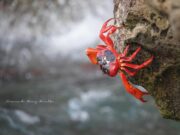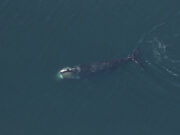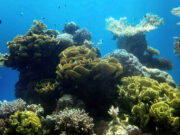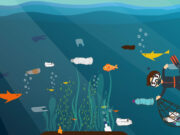Does diving with sharks and rays affect their behaviour?
Shark and ray tourism generates thousands of millions of dollars globally each year and, says WWF, it is growing substantially. Florida alone generates more than $221 million in revenue per year.
Businesses around the world provide a variety of activities that allow people to get close to sharks and rays, ranging from boat-based spotting to guided snorkelling, cage viewing experiences and scuba diving. If current trends continue, the numbers of shark related tourism could more than double over the next twenty years. Is this a good thing or a bad thing for the sharks?
Research published this month by American scientists finds that scuba divers can repeatedly interact with reef sharks without affecting the behaviour of the shark in the long term. Well-regulated shark diving tourism can be accomplished without undermining conservation goals.
The researchers – Darcy Bradley, Yannis Papastamatiou and Jennifer Caselle – didn’t detect differences in reef shark abundance or behaviour between heavily dived and un-dived locations. There were no differences in shark residency patterns at dived and undived sites in a year with substantial diving activity, and a year without any diving, either.
So, how can divers and dive operators ensure that they dive with sharks responsibly? The WWF, Project Aware and the Manta Trust have produced a Guide to shark and ray tourism.
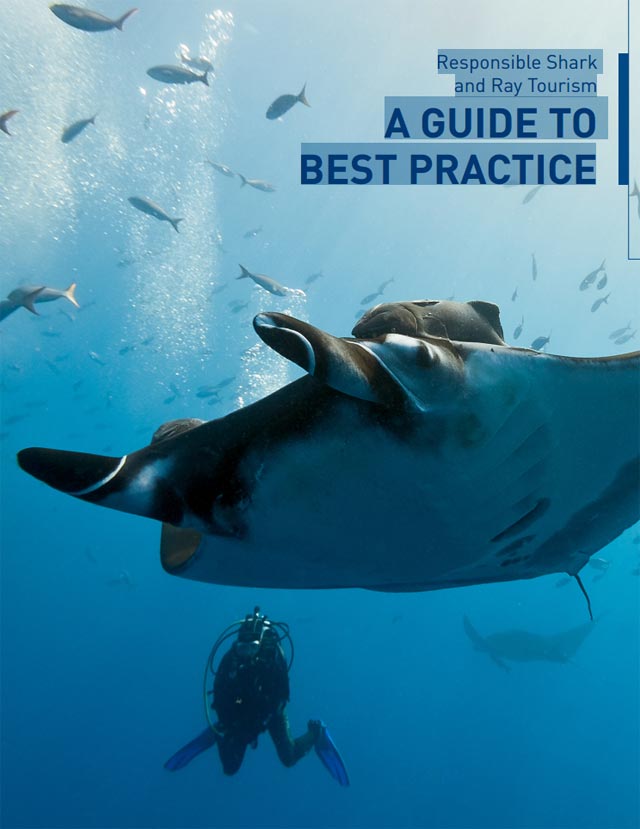
Advice from the Guide to Responsible Shark and Ray Tourism to Dive Operators
- Operate a code of conduct to reduce pollution from vessels, discarded waste and plastics, physical and chemical damage such as boat strikes, breaking off coral and damage from sunscreen.
- Avoid touching the animals or altering their habitat which could ultimately damage the resources upon which the tourism businesses are based.
- Think several times before feeding or “provisioning” sharks. Provisioning may lead to animals ‘begging’ from tourists, and becoming aggressive if they aren’t satisfied.
- Proactively support conservation of the habitats and species on which your business depends. Marine protected areas (MPAs), which limit or restrict activities that affect marine life within a defined area, are one widely adopted conservation tool. In Palau, shark diving within the MPA is popular because the white tip and grey reef sharks are predictable, relatively numerous, and spend most of their lives in the one area.
- Customers want the best experience they can get, so it’s important staff training goes beyond safety and customer service. Staff should receive a comprehensive induction into the business; and this should be followed by regular training and updates on the latest science, management practices, conservation and regulatory issues.
- Use eco-accreditation, such as that from Green Fins,
You can take a self-assessment survey to see how you score as a dive operator. The guide also provides a suite of free, practical, downloadable tools that can be used by operators, NGOs, local communities and resource managers.
Further Reading
Bradley D, Papastamatiou YP, Caselle JE (2017) No persistent behavioural effects of SCUBA diving on reef sharks. Mar Ecol Prog Ser 567:173-184.
Responsible Shark and Ray Tourism – A Guide to Best Practice. WWF, Project Aware, Manta Trust 2017.


